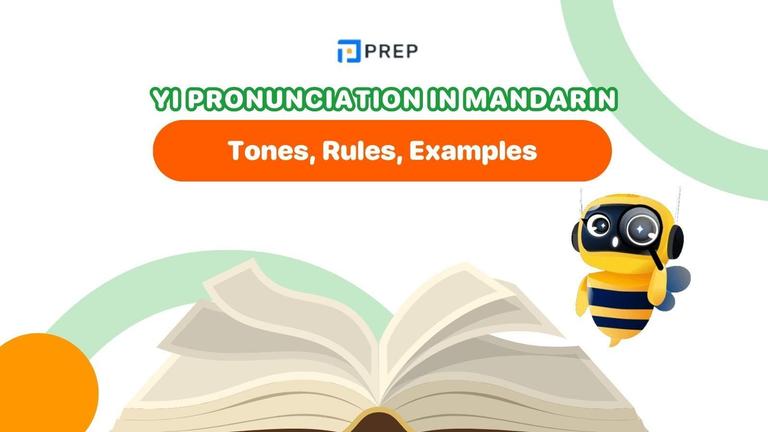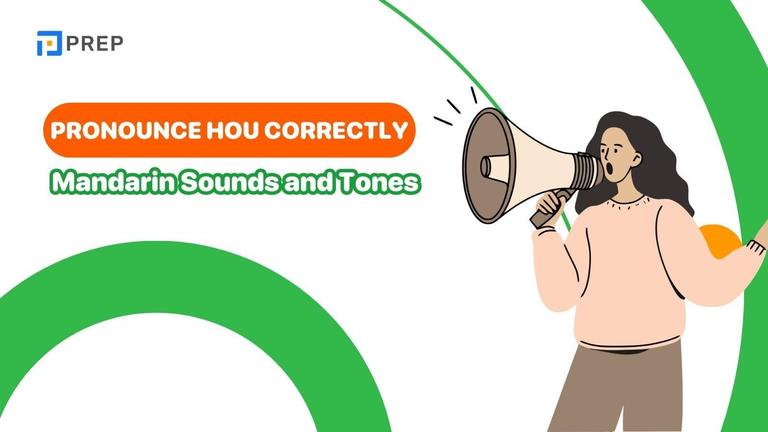The Complete Guide to Difficult in English: Structures, Usage & Practice
In English, "Difficult" serves as a fundamental adjective to express something hard or challenging. Understanding its proper usage and structural patterns is essential for effective communication. This comprehensive guide explores everything about Difficult in English, while distinguishing it from "Difficulty" and examining related synonymous expressions.

I. What is Difficult in English?
"Difficult" functions as an adjective in English, conveying the meaning of hard, challenging, or requiring considerable effort. The word "Difficult" commonly pairs with specific prepositions, particularly "for" and "to." Depending on the context, the difficult structure adapts to different meanings while maintaining its core concept of challenge or complexity:
Primary meaning: Not easy; requiring effort or skill to accomplish or comprehend. For example:
-
Jenny finds it difficult to stop thinking about John.
-
It is difficult for Hanna to climb this mountain.
Secondary meaning: Not easy to please; uncooperative or demanding. For example:
-
Kathy is a very difficult customer.
-
The singer has a difficult reputation.

II. The structures of Difficult in English
Difficult in English appears in several distinct patterns, each serving specific communicative purposes. Here are the main structural frameworks:
|
Structure |
||||
|
Structure |
Difficult serves as an adjective |
It + be (is/was) + difficult + to V |
Difficult + for + sb + to V |
S + find + something/V-ing + difficult |
|
Usage |
Difficult serves as an adjective, and complements information for the sentence. |
Difficult + to V expresses "hard to do something". |
This structure expresses "hard for someone to do something". |
This structure expresses someone finds it hard to do something. |
|
Example |
|
|
|
|
III. Differentiate between Difficult and Difficulty
Many people often confuse Difficult with Difficulty. However, these two words are completely different and are distinguished as follows:
|
Difficult vs Difficulty |
||
|
Similarities |
Both words mean hard or challenging. |
|
|
Differences |
Difficult serves as an adjective in the sentence. |
“Difficulty” is a noun, followed by a preposition or gerund. |
|
Example |
|
|
IV. Synonyms of Difficult in English
English offers various synonymous expressions that convey different nuances of difficulty. Understanding these distinctions enhances vocabulary precision and stylistic variety:
1. Difficult vs Hard

|
|
Difficult |
Hard |
|
Part of speech |
adjective |
Adjective, adverb |
|
Meaning |
|
|
|
Example |
|
|
2. Difficult vs Tough

|
|
Difficult |
Tough |
|
Meaning |
|
|
|
Example |
|
|
3. Difficult vs Arduous

|
|
Difficult |
Arduous |
|
Meaning |
|
|
|
Example |
|
|
V. Idioms with Difficult in English and some idioms expressing difficulty
1. Idioms with Difficult
Difficult has a commonly used idiom:
Have a (hard/difficult) job doing/to do something = Encountering difficulty in doing something
For example:
-
Kathy’ll have a difficult job convincing them that she is right.
-
Sara had a hard job to make herself heard.

2. Idioms expressing difficulty
Additional idiomatic expressions effectively convey various aspects of difficulty:
|
Idiom |
Meaning |
Example |
|
A hard nut to crack |
a difficult problem or situation to deal with |
This homework is a hard nut to crack that I can’t solve. |
|
A tough row to hoe |
difficult situation to deal with |
Martin had a tough row to hoe in today’s schools. |
|
Hard to swallow |
difficult to believe |
Harry found her story rather hard to swallow. |
|
in deep water |
to be in or get into serious trouble |
Sara knew she would be in deep water if she didn’t mention John in her acceptance speech. |
|
In over your head |
to be involved in a difficult situation that you cannot get out of |
Jenny tried to pay her gambling debts, but she was in over her head. |

VI. Exercises on Difficult in English with detailed answers
Regular practice prevents common mistakes and reinforces proper usage patterns. Complete these exercises to strengthen your understanding of "Difficult."
Exercise 1: Choose Difficult or Difficulty
-
1. Peter’s parents have ____ using smartphones.
-
A. difficult
-
B. difficulty
-
-
2. It is very ____ for Hanna to make a decision.
-
A. difficult
-
B. difficulty
-
-
3. Harry finds it ____ to break up with Jane.
-
A. difficult
-
B. difficulty
-
-
4. Kathy has ____ finding a good job.
-
A. difficult
-
B. difficulty
-
-
5. It is very ____ to forget this memory.
-
A. difficult
-
B. difficulty
-
Exercise 2: Find mistakes in the following sentences
-
Hanna went through the most difficulty period.
-
It is very difficulty for Harry to find a good job.
-
Going through difficulty things will help Kathy grow.
-
It is very difficulty for Peter to sleep alone.
Answer keys:
Exercise 1: 1 – B, 2-A, 3-A, 4-B, 5-A
Exercise 2:
-
Hanna went through the most difficult period.
-
It is very difficult for Harry to find a good job.
-
Going through difficult things will help Kathy grow.
-
It is very difficult for Peter to sleep alone.
This comprehensive guide has covered the essential knowledge regarding "Difficult" in English, including its various structural patterns, distinctions from related words, and practical applications. Understanding these patterns and practicing regularly will significantly improve your English communication skills.
For continued improvement in English proficiency, consider enrolling in structured learning programs that provide personalized guidance and comprehensive skill development opportunities.

Hi I'm Chloe, and I am currently serving as an Product Content Administrator at Prep Education. With over five years of experience in independent online IELTS study and exam preparation, I am confident in my ability to support learners in achieving their highest possible scores.
Comment
Premium content
View allPersonalized roadmap
Most read












